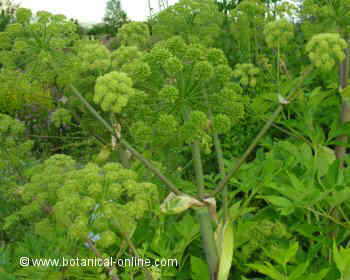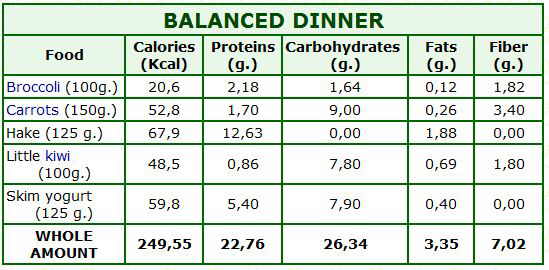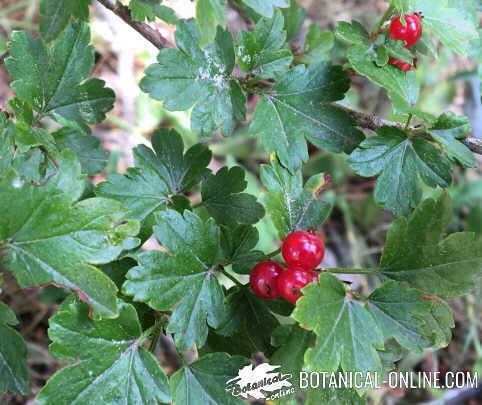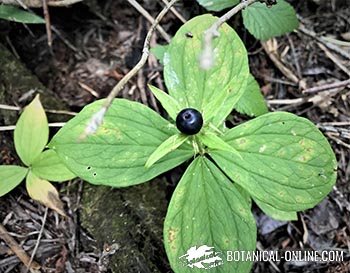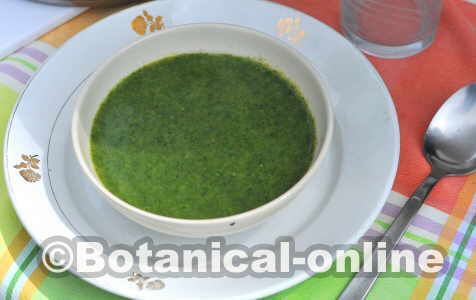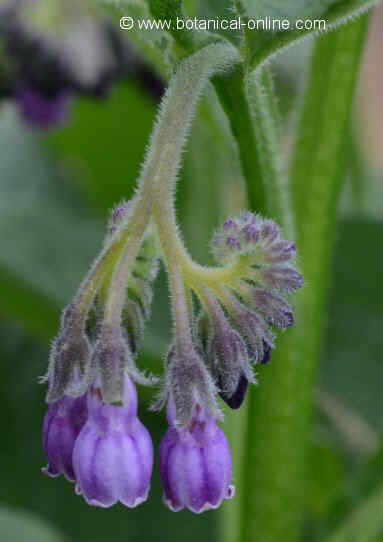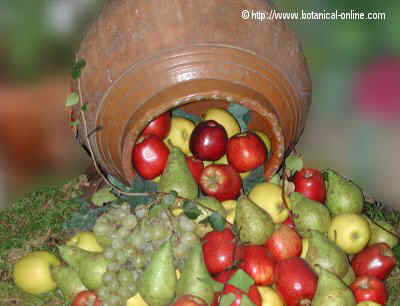Contents
Food properties of agar agar
AGAR AGAR NUTRITIONAL PROPERTIES
Agar agar: a sea vegetable
Algae have been used since antiquity as a non-animal food coming from the sea. The ancients knew that most of these foods were very rich in certain minerals, had very little fat and high fiber content. Therefore, cautiously eaten, they helped them keep their bodies healthy.
Agar agar is included within the so-called ” sea vegetables”. It has been used as food since the ancient times in China and Japan and its importance as food is growing in many regions of the world today.
Agar agar, a highly suitable product for weight loss
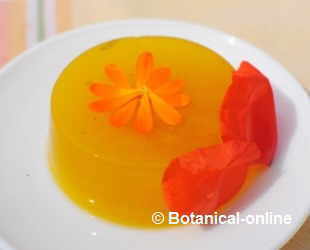 Dandelion jelly with agar agar, decorated with marigold and poppy petals
Dandelion jelly with agar agar, decorated with marigold and poppy petals
Agar-agar is characterized because it is “indigestible” by the human body. Therefore, it is unable to disintegrate in the intestine providing virtually no calories (2 calories per 100 grams when wet). Moreover, its richness in fiber (over 80% of its dry weight in some cases) and its gelatinous properties create a feeling of fullness that helps not having to eat other caloric foods.
When agar agar powder is combined with water, its swells to form a gelatinous mass with a large volume. For example, if we boil a spoonful of marine jelly (Atlantic or Gelidium agar agar) in a liter of water, the mixture becomes thickened after 8 minutes.
We have also to take into account the potassium content of this sea vegetable. Potassium balances in part its sodium content, which is very high. This increases urine output facilitating the expulsion of liquids stored in our body. Agar agar does not contain so much potassium as nori but its content in dry algae is considerable (110 mg / 100 g). Nori is the seaweed with the richest content in this mineral (2800 mg / 100 g),
Considering its expansive properties, agar agar is widely used as a common ingredient in low-fat diets. Used within the weekly menus, it helps people with obesity or those who want to lose weight.
Nor should we forget that it does not contain sugar, so it is ideal for people with diabetes. or to the diet of celiac patients, those who show intolerance to gluten.
Composition of agar agar per 100 g | ||
Component | Dry | Liquid |
Calories | 16 Kcal | 2 Kcal |
Fat | 1, 2 g | 0,1 g |
Proteins | 1,3 g | 0,2 g |
Fiber | 80 g | 15 g |
Potassium | 110 mg | 20 mg |
Calcium | 700 mg | 110 mg |
Iron | 21 mg | 4 mg |
Agar agar, a mild laxative and a soft depurative
Its high fiber content makes it a very useful mild laxative in cases of constipation. This occurs because the product is very gelatinous, which decreases the resistance of feces to friction against the intestinal mucosa and facilitates the feces expulsion.
This is a very interesting property in case of hemorrhoids as it helps ease the pain at the time of evacuation.
By facilitating intestinal emptying, it can eliminate a lot of toxins that, otherwise, would remain accumulated in our body. They can cause intestinal problems, such as flatulence, intestinal pain, decay and even greater likelihood of colon cancer.
On the other hand, it also helps decrease the absorption of “bad cholesterol“ that is expelled to the outside before it is absorbed into the bloodstream.
Agar agar, an aid for osteoporosis
Algae are rich in calcium. Among all of them, kombu alga is the richest, because it contains about 900 mg per 100 g in weight. Agar agar has about 700 mg / 100 g dry, a very high amount. If we soak agar agar in liquid, it will provide 110 mg, a non negligible amount, in any case very similar to that of the skimmed milk.
The properties of calcium are very large, but it stands out for taking care of our bones, specially because it prevents osteoporosis.
It is known that calcium deficiency can cause leg cramps, so, introducing the agar agar in our diet will help prevent or ameliorate these abnormalities.
Agar agar, a soft food for the elderly
The biggest problem of aging people is the difficulty they present when chewing food. Agar agar can be very appropriate because it forms a gelatinous substance, easy to swallow.
Moreover, the ability of this alga to draw toxins from the bowel and to promote the expulsion of fat that has not been properly digested enables older people to show less indigestion problems, such as fermentation, flatulence, intestinal pain and other anomalies related to poor digestion.
Agar agar, a good food for anemia
Agar agar is rich in iron. Its use is appropriate to prevent or combat anemia, especially for those people who follow strict vegetarian diets and do not eat meat.
![]() More information on agar agar.
More information on agar agar.

